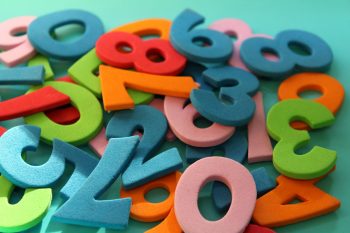Archive for 'Vocabulary'
How to Count Age in Korean (Part 2) Posted by Flying Oyster on Feb 11, 2020

As I promised last month, I am committed to teach you how to count age in Korean this time. As you know Korean has two numerical systems. One is the Sino Korean system and the other is the native Korean system. Sino Korean system is used for dates, money, addresses, phone numbers, and minutes and…
How to Count Money in Korean (Part 1) Posted by Flying Oyster on Jan 13, 2020

I once had a chance to live in Latin America for about a year. I was not fluent in Spanish at all, but I was able to get by since I Committed myself, right at the beginning, to learn Spanish numbers. Learning and understanding numbers is a crucial skill, especially if you live in a…
Korean Expressions Which Benefit From Cultural Knowledge Posted by Flying Oyster on Oct 30, 2019

When it comes to learning language, I can share many personal experiences with you as an English as a second language learner. It is a never-ending homework, which can only be done by your determination. I bet the road to learn Korean might be similar for you as well. In fact, I want to discuss…
Korean Expressions to Describe Weather (part 2) Posted by Flying Oyster on Sep 30, 2019

I lived in Seattle for a decade. Summer in Seattle was beautiful, but it was always too short. Looking back, wet and cold weather might have affected my moods in Seattle. I have recently moved to a warmer place, hoping that I wouldn’t have to go through wet and cold winters anymore. I have been…
Korean Expressions to Describe Weather (part 1) Posted by Flying Oyster on Sep 5, 2019

When I was studying English in Australia, I was very intrigued by the cultural habit of engaging in small talk with strangers. To me, this was something both foreign and welcoming. Back then, I wasn’t shy about making mistakes in speaking English, but the practice of making small talk itself was something which pushed me…
How to Describe Pain in Korean Posted by Flying Oyster on Jul 30, 2019

개떡같이 말해도 찰떡같이 알아듣는다. (gae-ttuk-gatchi-mahl-hae-doh-chal-ttuk-gatchi-ara-dut-nun-dah.) We have this Korean expression which perfectly describes the difficulties of a novice interpreter. It means the listener should basically understand the gist of what someone is saying based entirely on situational context and common interests, even if the speaker can’t articulate with words. One of the most difficult things…
Farewell: So Long for Now! Posted by Kyung-Hwa on Nov 8, 2018

It is time for me to say a fond farewell to everyone. It has been a great privilege to share my passion and knowledge about the Korean language and culture with you. I am sad to depart from this position, but I decided to focus on my academic journey for a while. It is time…


